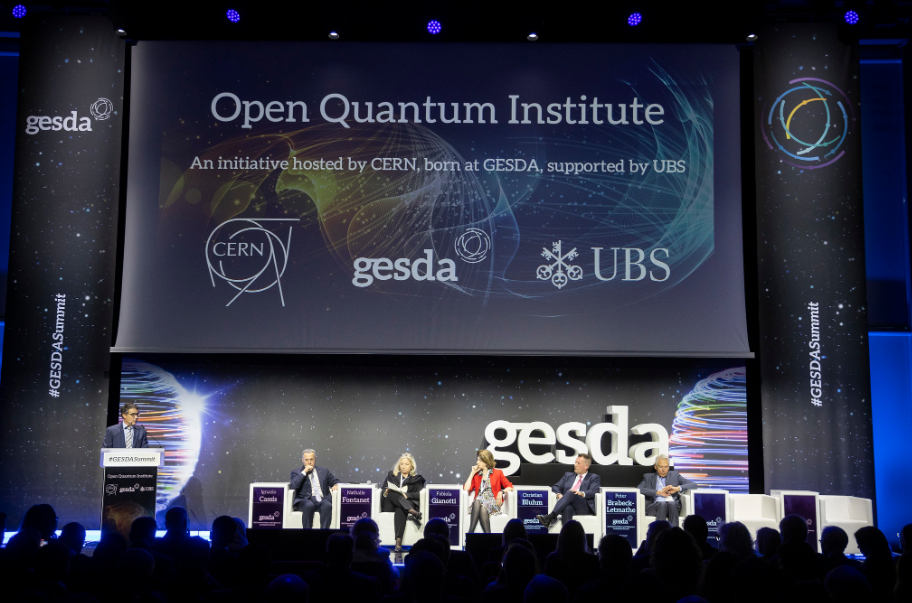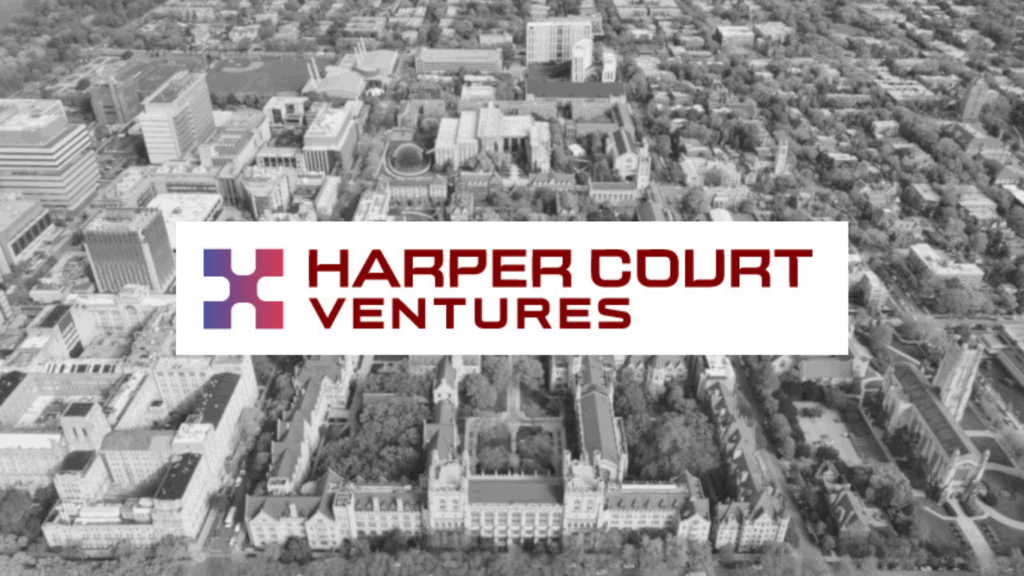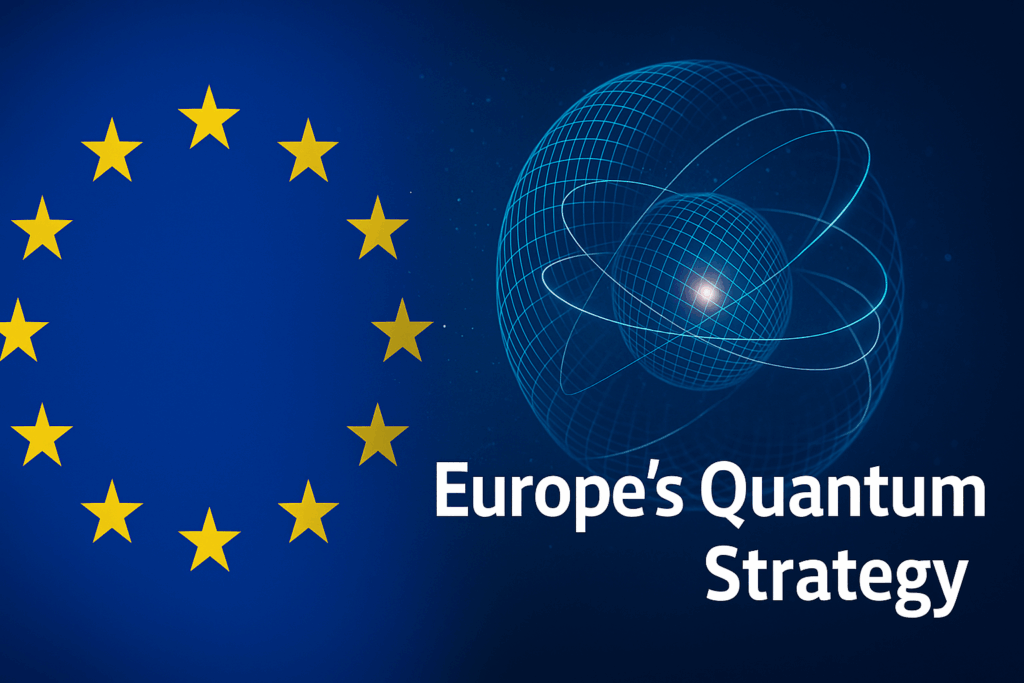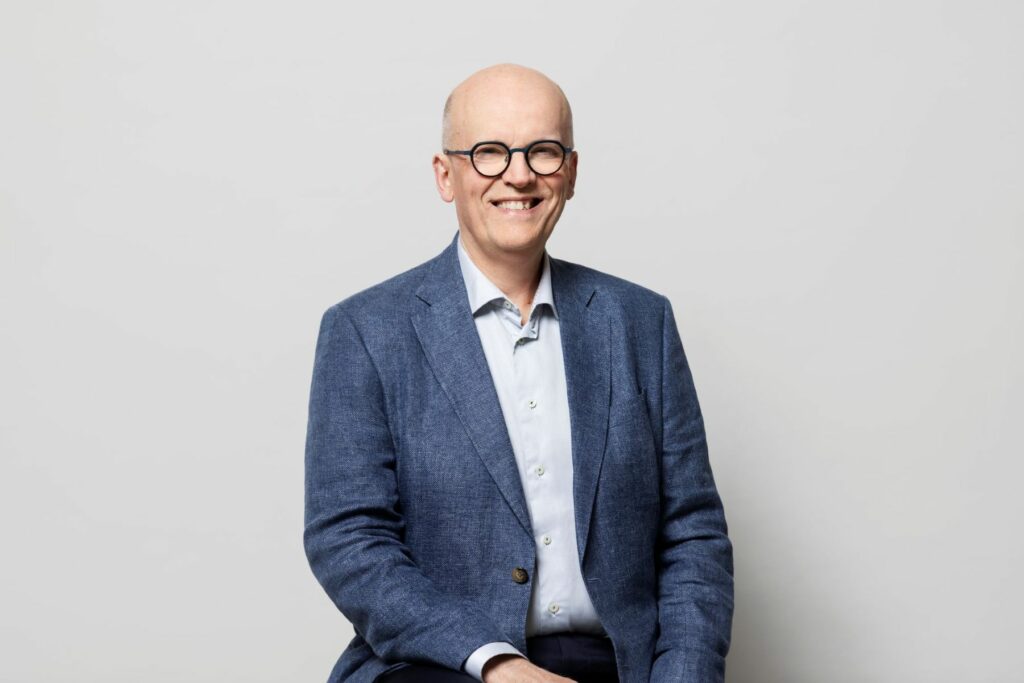Insider Brief
- CERN introduces a three-year program named the Open Quantum Institute (OQI), designed by the Geneva Science and Diplomacy Anticipator (GESDA) and funded by UBS.
- This initiative will provide quantum computing resources and expertise to projects supporting the UN’s Sustainable Development Goals (SDGs) and aims to reduce the potential new digital divide.
- The OQI, set to be fully integrated into CERN’s Quantum Technology Initiative (QTI) by 1 March 2024, will function as the societal arm of the QTI, which was founded in 2018. The QTI encompasses work on quantum computing, simulation, sensing, and communication.
PRESS RELEASE — Geneva, Switzerland/October 16, 2023/CERN — A new, three-year CERN-based programme will make quantum computing resources and technical expertise available to projects designed to support the UN’s Sustainable Development Goals (SDGs).
The new programme is called the Open Quantum Institute (OQI). Hosted by CERN, the OQI has been designed by the Geneva Science and Diplomacy Anticipator (GESDA) in collaboration with some 130 experts and will be funded by UBS as lead impact partner. The announcement of the three-year pilot phase was made on 13 October during the 2023 GESDA summit and the programme will be fully embedded into CERN’s wider Quantum Technology Initiative (QTI) as of 1 March 2024.
The OQI will be, de facto, the societal arm of the QTI, which was established at CERN in 2018 and is managed by the IT department. Today, the QTI involves several researchers from the CERN departments and experiments that are working on four main domains and applications: quantum computing and algorithms, quantum simulation and information processing, quantum sensing, metrology and materials, and quantum communication and networks.

The overarching goal of the OQI is to find ways to enable quantum computing to have the widest possible societal impact by promoting and facilitating access to quantum computing resources and technical expertise. Through the OQI, cutting-edge nascent technologies will also become available to people from underserved regions, thus contributing to reducing a possible new digital divide.
“The UN’s SDGs represent the international community’s collective view of what the greatest societal challenges are today,” says Enrica Porcari, Head of CERN’s IT department. “This is why we are proud to host the OQI at CERN and to provide a platform to transcend the boundaries of geography and disciplines in harnessing the power of quantum computing to address the SDGs. With its long tradition of collaboration across borders and knowledge sharing, CERN is the ideal place to host the pilot phase of the OQI and publicly reiterate that innovation has no boundaries. The OQI will strengthen CERN’s profile as a scientific institution that serves society, in the Member and Associate Member States and beyond, on some of humanity’s most pressing challenges. It will expand CERN’s networks in support of knowledge transfer, education and training in quantum technologies”.
GESDA and its partners have run an OQI incubation period, which started a year ago and has mobilised academia, the private sector, government representatives and young experts to identify together potential future projects. “This preparatory journey has allowed us to design a platform that focuses on specific items and really accelerates the potential of quantum computing for society,” confirms Porcari. Quantum computing optimisation of the food supply chain for better food security (addressing SDG 2, zero hunger), more accurate medical imaging thanks to quantum machine-learning solutions (addressing SDG 3, good health and well-being) and quantum computing simulation to improve the catalysis process involved in the fixation of carbon on the surface of materials, thus reducing CO2 in the atmosphere (referring to SDG 13, climate action) are all examples of potential use cases to be explored as projects in the pilot phase of the OQI.
During the three years of its pilot phase, the OQI will support three or four projects targeting SDG-related use cases. It will also lay the foundations for the next phase of the programme and potentially become a reference for other initiatives aimed at deploying quantum technologies for the benefit of all.
For more market insights, check out our latest quantum computing news here.

















